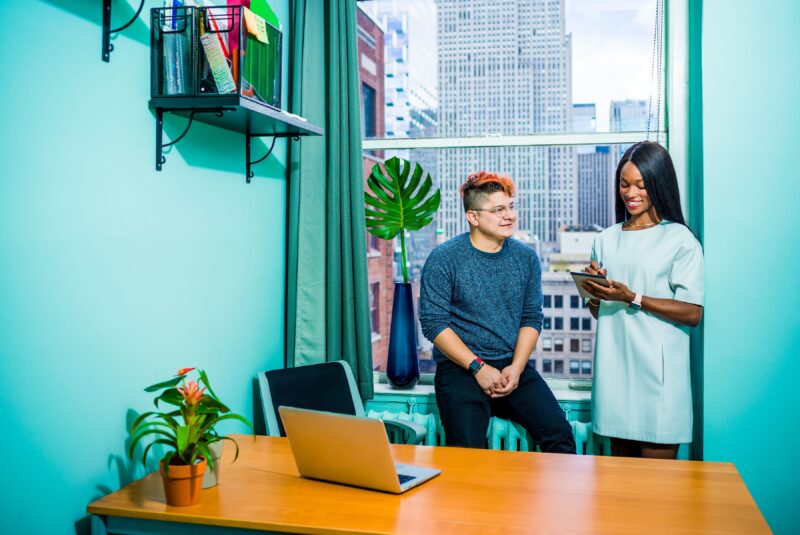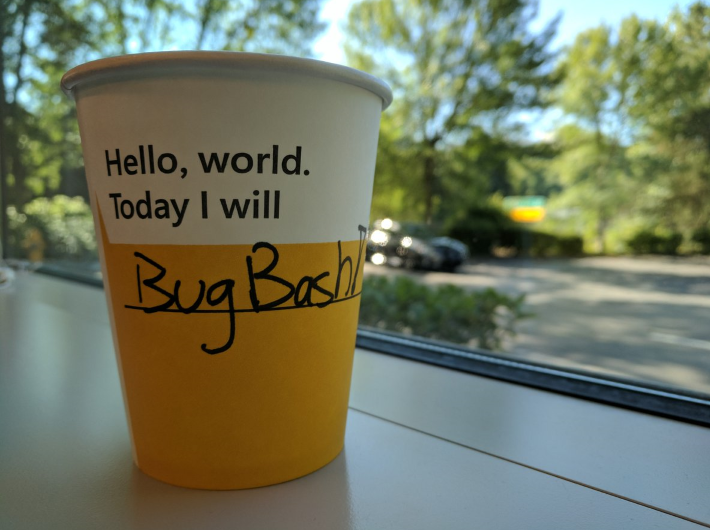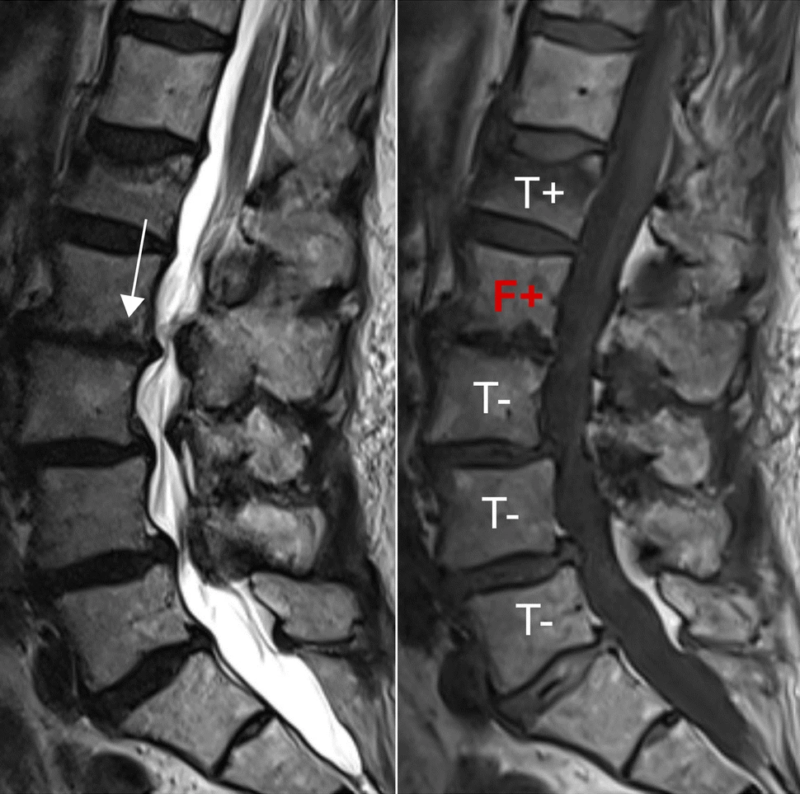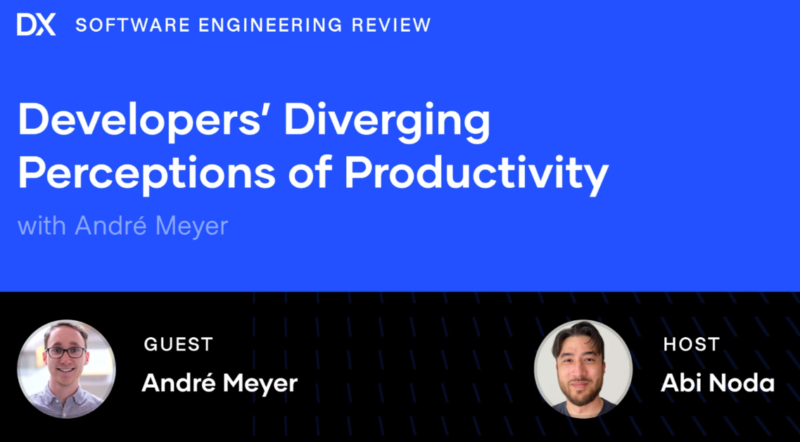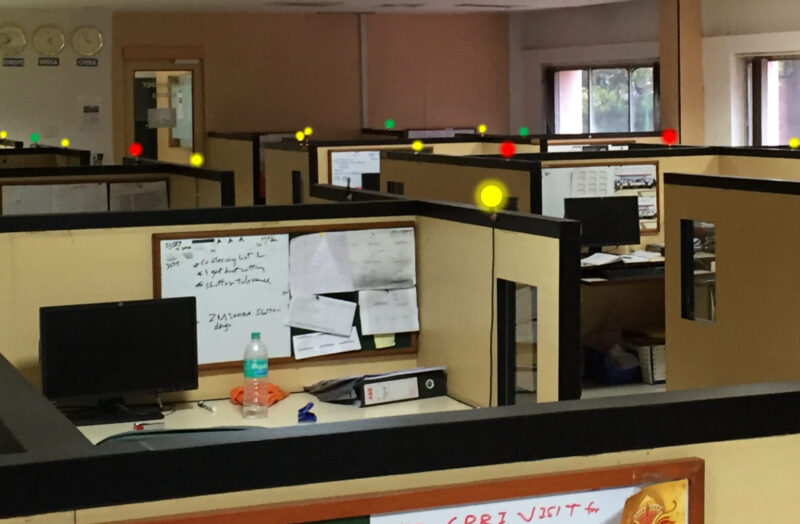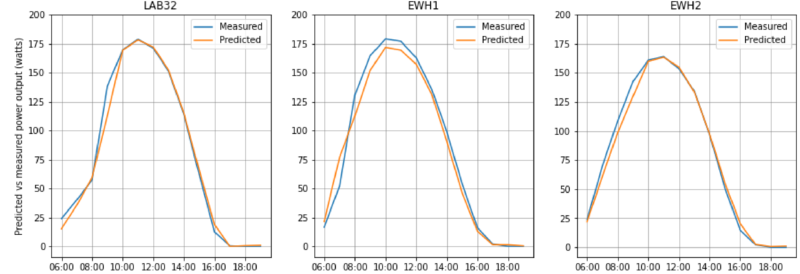I was recently invited to contribute an article to the alumni magazine of the Department of informatics (of the university of Zurich). In that article, I talk about challenges of hybrid work and give a few concrete pointers towards tackling them, by involving the team.
In einer Arbeitswelt die sich durch die Covid-Pandemie rasant verändert hat, stehen Unternehmen vor der Herausforderung ihre Arbeitsmodelle neu zu definieren. Immer öfters möchten sich Arbeitnehmende nicht mehr nach traditionellen Arbeitsformen richten, wie beispielsweise täglich von 9-5 im Büro zu arbeiten und immer öfters fordern sie flexiblere, hybride Arbeitsprozesse. Um diese effizient umzusetzen und schlussendlich sogar als Wettbewerbsvorteil für die Gewinnung und langfristige Bindung von Talenten zu nutzen, beschreibt dieser Artikel einige Gedankenanstösse basierend auf Forschung mit und Beratung von Schweizer Unternehmen.
Grosse Technologieunternehmen wie Apple und Microsoft haben in den letzten Jahren Milliarden in den Ausbau ihrer Hauptsitze investiert, nur um sie nun grösstenteils leer vorzufinden. Auch in der Schweiz lesen wir ähnliche Schlagzeilen, wie jene von Roche, die den Bau des geplanten höchsten Büroturms der Schweiz, dem Bau 3, verschoben hat um das Bürokonzept zu überdenken. Dies beruht meist nicht auf massiven Fehlkalkulationen jener Unternehmen. Da sich solche Projekte von der Planung bis zur Umsetzung oft über mehrere Jahre erstrecken, konnte die Covid-19-Pandemie innerhalb weniger Monate die Art und Weise wie Unternehmen ihre Büroräumlichkeiten nutzen, grundlegend umkrempeln. Viele Wissensarbeitende möchten nicht mehr täglich den Weg ins Büro auf sich nehmen. Trotzdem sollen diese Investitionen sinnvoll genutzt werden.
Read more →







